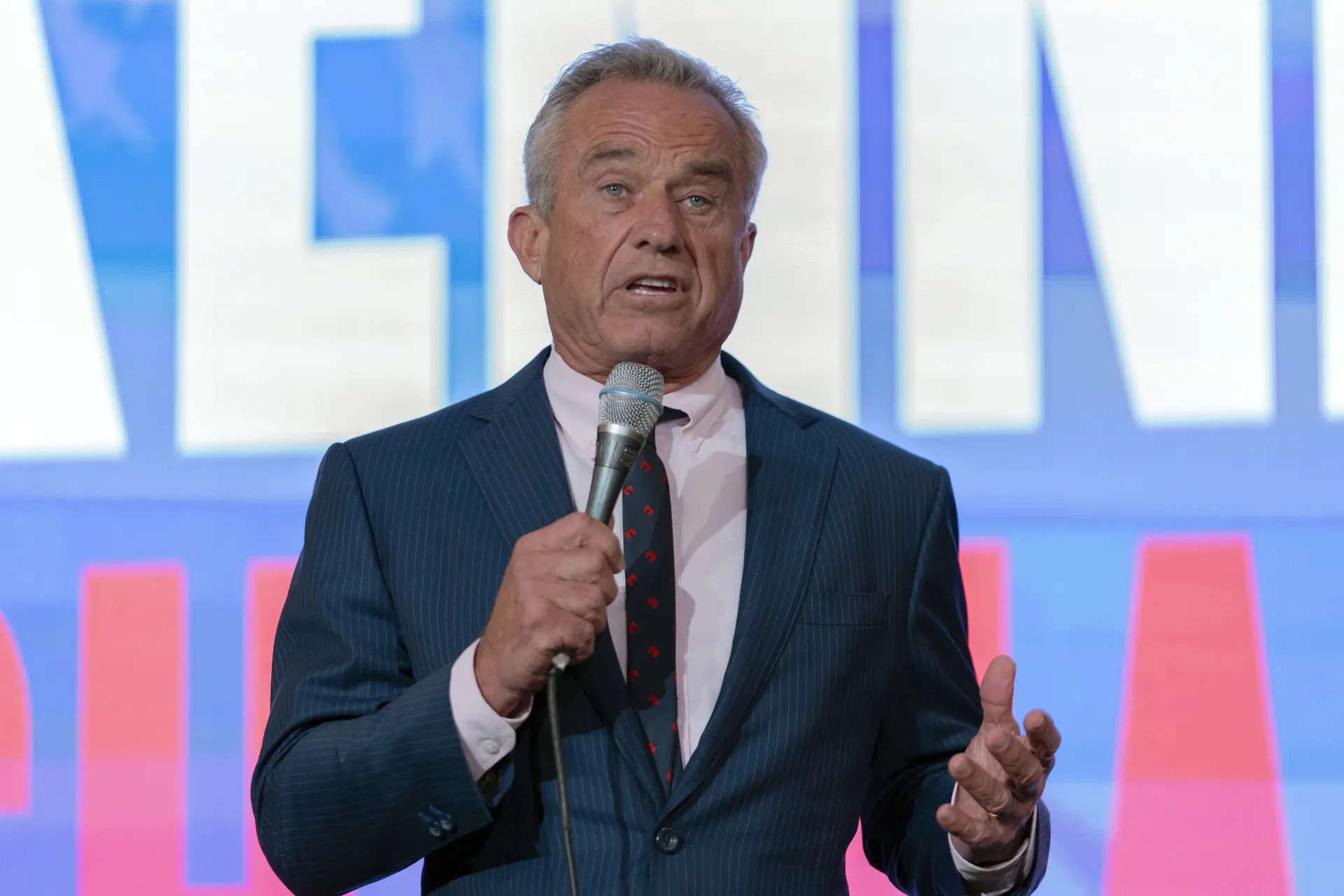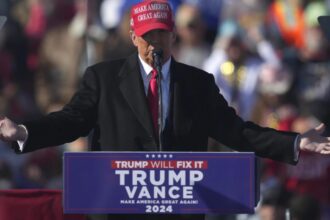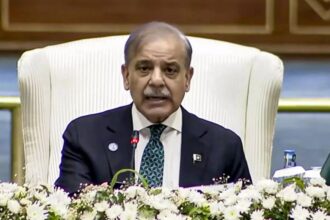According to CBS News, Judge Ryba ruled that Kennedy inaccurately listed a New York address as his residence for political gain.The ruling stated that Kennedy had no intention of moving back to New York and that the address was used solely to maintain his voter registration and political standing.
In her judgment, Ryba wrote, “The overwhelming credible evidence introduced at trial established that Kennedy’s connections with the [New York] address existed only on paper and were maintained for the sole purpose of maintaining his voter registration and political standing in the State of New York.”
Kennedy’s campaign has until August 15 to appeal the decision. If the ruling is upheld, Kennedy will be barred from running on New York’s ballot and could face challenges in other states where he used a New York address to gather signatures.
Campaign’s response and appeals
Kennedy’s campaign condemned the ruling, calling it an “openly partisan” decision. The campaign asserted that Kennedy has long considered New York his primary residence, highlighting his voter registration, tax payments, New York driver’s license, and other state-specific licenses as evidence of his ties to the state.
Kennedy himself criticized the judgment, accusing Democrats of “showing contempt for democracy” and alleging that they are attempting to block voters’ choices due to their lack of confidence in winning at the ballot box. He vowed to appeal the ruling and expressed confidence in eventually overturning it.
Details from testimony
During the court proceedings, Kennedy testified that he considered New York his childhood home and had moved to California temporarily to stay with his wife. He reprtedly said he was renting a room in New York, but Barbara Moss, the room’s owner, revealed that Kennedy had only spent one night at her home and paid her $500 a month, with the first payment made on May 20 of this year.
Broader legal and political context
The lawsuit against Kennedy is supported by Clear Choice Action, a super PAC associated with the Democratic Party, which aims to block third-party candidates from the presidential election. Clear Choice Action has also pursued legal challenges against Kennedy in Pennsylvania, Illinois, Nevada, and Delaware.
Pete Kavanaugh, the founder of Clear Choice Action, accused Kennedy of deliberately misleading election officials and betraying voter trust. He suggested that Kennedy’s legal team might file additional lawsuits, but he predicted they would not be successful.
Political reactions
Matt Corridoni, a spokesperson for the DNC, described Kennedy as a disruptive figure in the election, accusing him of acting as a spoiler for Donald Trump and considering endorsing Trump for personal gain. Corridoni emphasized that Kennedy’s actions reflect self-interest rather than concern for the American people.
Following the New York ruling, Corridoni indicated that the DNC would review its options in other states based on the decision’s outcome.
Source : Times of India






